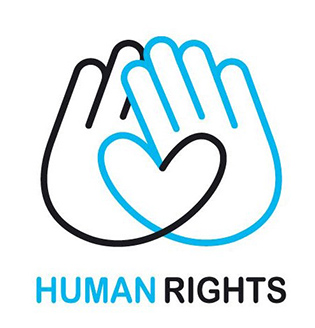 1 June 2020 – Globally, the COVID-19 pandemic is fast becoming an economic and social crisis which threatens human rights and people's security. Observing the crisis and its impact through a human rights lens puts a focus on how it is affecting people on the ground, particularly the most vulnerable among us, and what can be done about it now, and in the long term. All stakeholders and responders within Lebanon’s COVID-19 response have an obligation to ensure everyone is protected and included in the response to this crisis.
1 June 2020 – Globally, the COVID-19 pandemic is fast becoming an economic and social crisis which threatens human rights and people's security. Observing the crisis and its impact through a human rights lens puts a focus on how it is affecting people on the ground, particularly the most vulnerable among us, and what can be done about it now, and in the long term. All stakeholders and responders within Lebanon’s COVID-19 response have an obligation to ensure everyone is protected and included in the response to this crisis.
For these reasons, Lebanon’s National Strategic Preparedness and Response Plan for COVID-19 addresses the anticipated health risks and needs of all persons residing in the country, regardless of nationality, legal status, socioeconomic status, age, sexual orientation, or gender. While human rights are being threatened such as the right to education, right to asylum, right to work, and right to due process, the following human rights need to be considered in the fight against COVID-19.
Right to health and access to health care
COVID-19 is testing the world’s ability to protect the right to health, as well as demonstrating that universal health coverage is an essential goal. Universal, affordable health care systems assist with combating the pandemic by ensuring access for everyone, without discrimination, to basic measures that contain the spread of the virus. In Lebanon, WHO has been working to ensure that all persons are able to attain quality and affordable health care.
Right to life and duty to protect life
Combating COVID-19 is essential to protecting the lives of all individuals. Protecting human rights dictates that countries have a duty to protect human life, including by addressing the general conditions in society that represent direct threats to life.
Right to freedom of movement
Controlling the virus often means breaking the chain of infection: people must limit movement and interactions with each other. The most common public health measure taken by countries around the world has been restricting freedom of movement: lock¬down or stay-at-home instructions. While this measure is a necessary method to stop virus transmission, restrictions on free movement should be strictly necessary for that purpose, proportionate and non-discriminatory. In Lebanon, movement restrictions have consistently allowed critical movement for essential workers involved in the health response, security or addressing food needs.
COVID-19 and key human rights messages
- The economic and social impact must be considered in the public health response.
- Protecting people’s lives is the priority and protecting livelihoods helps us do it.
- The virus does not discriminate but its impact does.
- Inclusive responses are needed to this global public health threat to ensure that no one is left behind.
- Involve everyone in your response. With government leadership, all members of society need to be a part of the response: United Nations partners, civil society organizations, the private sector, academia, and public.
- The threat is the virus, not the people.
- Emergency and security measures, if needed, must be temporary, proportional and aimed at protecting people.
- No country can beat this alone. International solidarity is essential in the global response – the world cannot afford for one country to be left behind if the virus is to be beaten.
- When we recover, we must be better than we were before.
- The crisis has revealed weaknesses that human rights can help to resolve.







